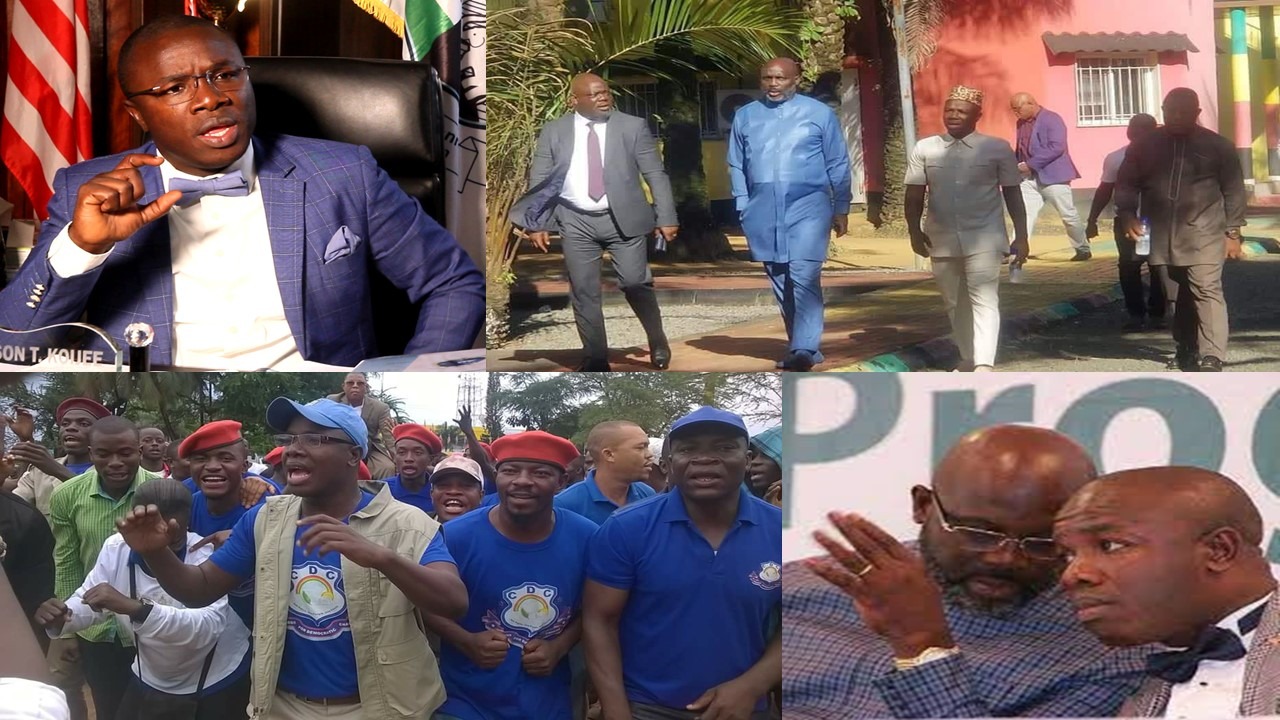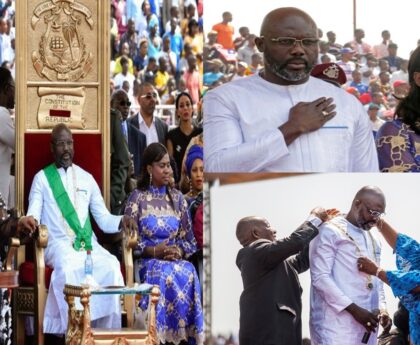In a recent address at the Coalition for Democratic Change (CDC) party headquarters, Jefferson Koijee, the Secretary General and Mayor of Monrovia City, accused the opposition Unity Party of “stealing” the November 14 runoff elections. Koijee’s claims, made without supporting evidence, raise questions about the electoral process and the political climate in Liberia.
Despite President Weah’s early concession, Koijee insisted that the elections were not won but stolen, citing concerns about the opposition’s integrity. However, the official results tell a different story, with George Weah securing 49.36% of the votes compared to Joseph Boakai’s 50.64%. Weah’s concession, although timely, seems to be overshadowed by Koijee’s unfounded allegations.
Koijee’s refusal to participate in any government formed by the Unity Party reflects a deep-seated distrust between the political factions. His assertion that the Unity Party represents less than 1% suggests a lack of willingness to engage in a collaborative, inclusive democracy.
In contrast to Koijee’s claims, it was Boakai who, in 2017, demonstrated a commitment to peace and stability by accepting defeat in the runoff election. Boakai’s acknowledgment of the legal process for addressing electoral concerns stands in contrast to Koijee’s inflammatory remarks.
Koijee’s emphasis on the CDC as the “true definition of peace and democracy” raises questions about the subjective nature of such statements. Accusing the Unity Party of threatening the country’s peace during campaigning overlooks the historical context of Boakai’s peaceful acceptance of election results.
The lack of evidence supporting Koijee’s accusations adds uncertainty to the political landscape. Unsubstantiated claims of election theft can erode public trust in the democratic process and heighten tensions between political parties.
As Liberia navigates this post-election period, it is crucial for political leaders to prioritize transparency, evidence-based discourse, and a commitment to democratic principles. Accusations without substantiation only serve to deepen divisions and undermine the foundations of a functioning democracy.




